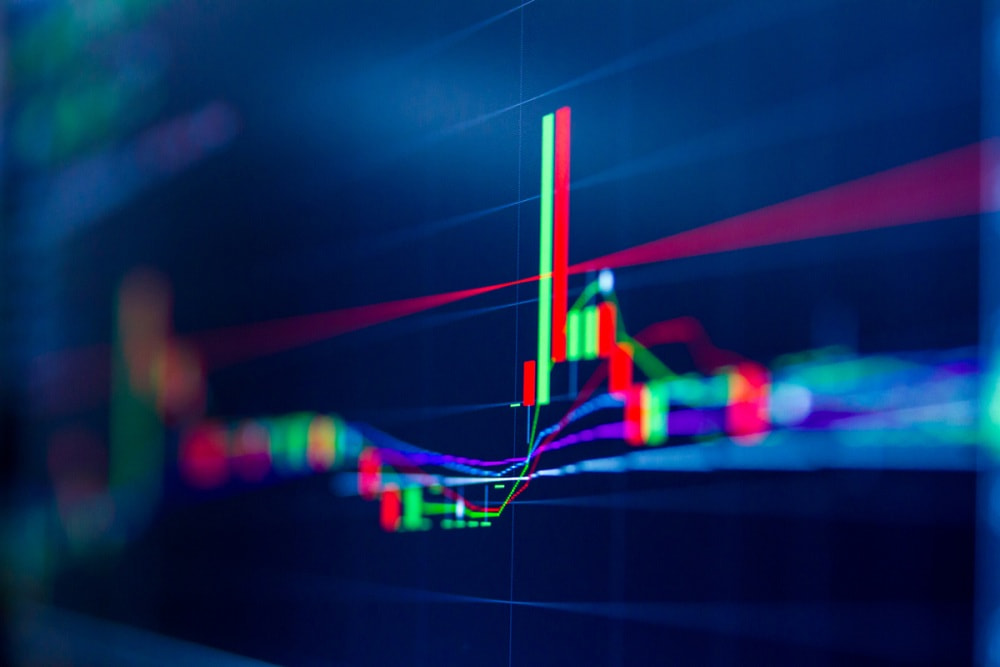Understanding Dow Jones futures

In order to understand Dow Jones futures, we first need to examine what financial futures are in general.
What are futures?
For an investor, a futures contract, or “futures”, is a legal
agreement, a contract, to buy or sell something (usually stock, currency or
any asset) in a specified time in the future at a price which is determined
at the time of the agreement. Originally futures, such as the Dow Jones
futures, were created as a way to protect the parties from the risk of a
price change in the future.
For example, if an investor is expecting to receive a payment in USD in a
month from the day of the agreement but speculates that the USD price might
fall then he might “lock” the exchange at current USD rates,
even if the transaction will be in the future. However, futures offer many
opportunities for profit, precisely because of the speculation that is
involved in the transaction.
Although futures were initially used for commodities, currently currency
futures traded in the
forex market,
interest rate futures and stock market index futures hold a central role in
the futures overall market. So how do Dow Jones futures fit into this
definition?
Futures in history and in modern times
Future exchanges have been around a long time. The first in modern times was
a rice exchange in Japan, which began in 1710. More recently, the London
Metal Exchange began in 1877. In the US, the Chicago Mercantile Exchange,
sometimes called “the Merc” was founded in 1898. One hundred and
ten years later, the Merc acquired the parent company of the New York
Mercantile Exchange and Commodity Exchange, NYMEX Holdings, Inc.
Dow Jones futures explained
Having understood what futures are in general, we can say that Dow Jones
futures are future contracts which allow investors to speculate on the
future value of various components of the Dow Jones Industrial Average
market index.
The Dow Jones Industrial Average (DJIA), is a stock market index that shows
how 30 large, publicly owned companies based in the United States have
traded during a standard trading session in the stock market.
In practice, this means that with Dow Jones futures, if the Dow Jones
Industrial Average index is above the agreed price by the "final settlement
date" then one party will pay the other the difference between the actual
closing price of the index and the predetermined price upon which they
agreed when the contract was signed.
Unlike the others
Some traders criticize DJIA investments because it is a price-weighted
index. When most companies in other indices (FTSE, NASDAQ, etc.) are weighted according to their market capitalization, the
companies in the DJIA are weighted according to the prices of their stocks.
Since most indices are market cap-weighted, the Dow Jones index is different
and may confuse traders.
However, as a price-weighted index, the DJIA is intelligible in its own way.
The value of the Dow Jones index equals to the average stock price of the
companies included in it. It allows tracking the average stock price
performance of a specific market. For those, who are comfortable with such
calculations, Dow Jones futures trading is as comprehensible as investing in
other indexes.
Trading indices with r1investing
If the Dow Jones index sounds compelling for your investments or you want to
craft your financial strategies with other indices, you can try CFDs trading
with r1investing. It is one of the top leading brokers in Europe that offers
competitive spreads and optimized trading conditions. Traders prefer ROI
for:
- Regulated trading environment that inspires confidence;
- 3-steps start that ensures quick access to global markets;
- Dedicated support managers that are ready to help 24/5;
- Powerful MT4 that offers advanced investment tools.
Open a trading account and discover the world of trading with ROI.

